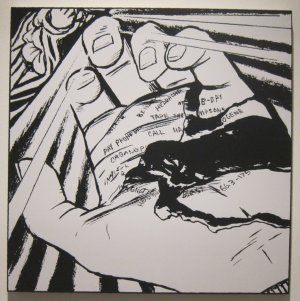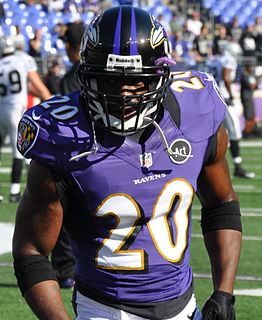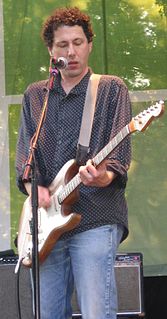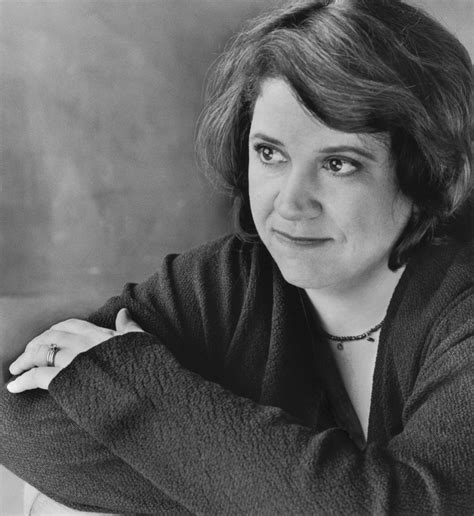A Quote by Nathan Fielder
I'm very bad at ending sentences. A lot times I just want to say, 'That's the end of my sentence. I have nothing more to say.'
Related Quotes
The book works better if I know everything I can about the ending. Not just what happens, but how it happens and what the language is; not just the last sentence, but enough of the sentences surrounding that last sentence to know what the tone of voice is. I imagined it as something almost musical. Then you are writing toward something; you know the sound of your voice at the end of the story. That's how you want to sound in those final sentences: the degree that it is uplifting or not, the degree that it is melancholic or not.
For ever and ever, we say when we are young, or in our prayers. Twice, we say it. Old One, do we not? For ever and ever ... so that a thing may be for ever, a life or a love or a quest, and yet begin again, and be for ever just as before. And any ending that may seem to come is not truly an ending, but an illusion. For Time does not die, Time has neither beginning nor end, and so nothing can end or die that has once had a place in Time.
One thing I noticed over time is that if I got a bad review, usually the bad part of it was at the very end. I could tell that nobody read the whole review because they would just say, "It was great to see the review!" In a way, my brain shuts down at the end of an article. It doesn't really want to go to the end.
One thing that makes me very happy is to have a complicated idea and to feel that I've expressed myself clearly. I remember writing the ending to 'Happier at Home.' I wrote the entire book to build to that ending 'now is now,' and what I had to say was very abstract, and yet I felt satisfied that I managed to say what I wanted to say.
Maybe my movie isn't over, I say, because sometimes moviemakers trick the audience with a false bad ending, and just when you think the movie is going to end badly, something dramatic happens, which leads to the happy ending. This seems like a good spot for something dramatic to happen, especially since it's my birthday.
In terms of performance, something unexpected is always good, it's preferable if it's unexpectedly good. But unexpectedly bad has a lot to say for it as well. It's always nice to be able to look back on a show and say, "Oh, that's the night that this happened," and a lot of the worst memories are better than the shows with no memories. A good rehearsal is a lot harder to describe. A lot of rehearsals that end up feeling best are the ones where something really bad was happening, and you just kind of got past it and fought through it. Just dealing with things that are inevitable.
I think we waste a lot of time trying to convince other people that we're right. A lot of times we don't actually care what another person thinks, we just want to say what we think. To hear it reflected back to us and that we're okay, to hear that we have been understood and that we're correct - so that we can continue to be who we are in the ways we've been being, and we have nothing to feel bad about and everything is just fine. Even if what we're talking about is, like, police brutality.






































